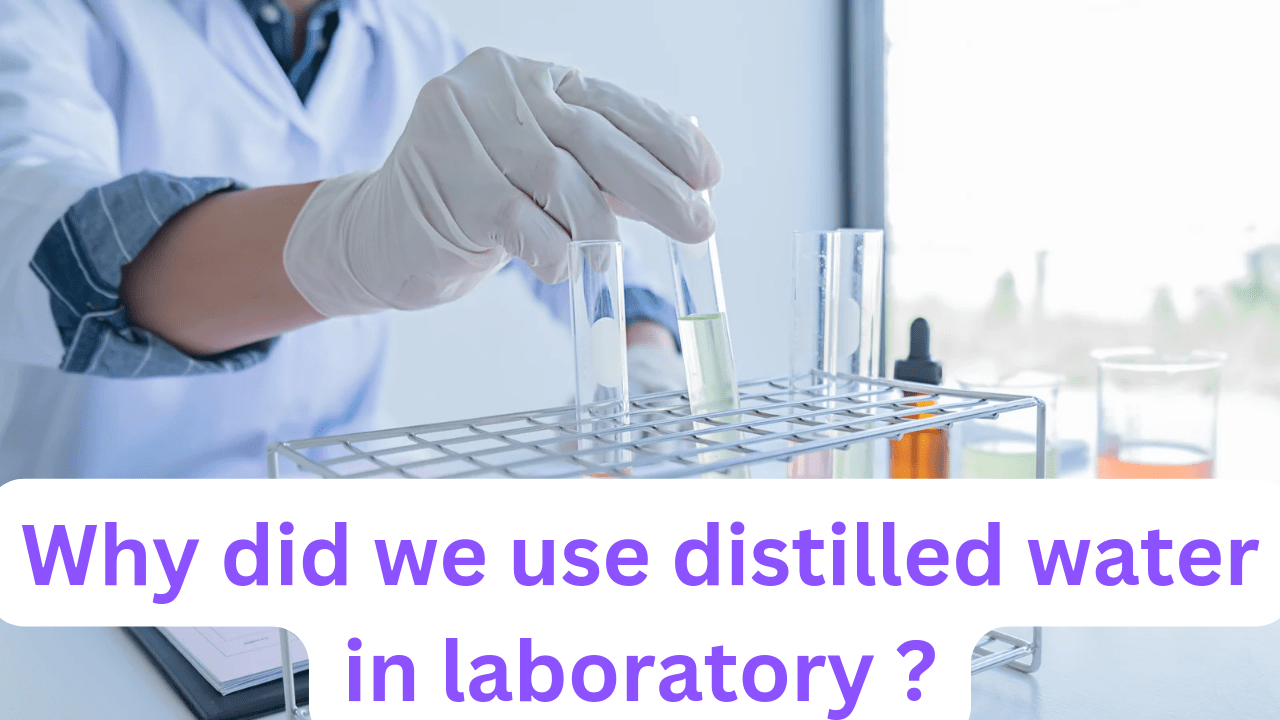Distilled water is commonly used in clinical laboratories for various purposes due to its purity and lack of contaminants.
Here are the top 8 reasons why distilled water is preferred.
- It is free from impurities, ensuring that it doesn’t introduce any unwanted substances into the samples. This is crucial for accurate and reliable laboratory test results.
- It is often used in the preparation of chemical reagents. Its purity ensures that the chemical reactions are not affected by impurities, which could alter the expected outcomes.
- Precision instruments in the laboratory, such as spectrophotometers and analytical balances, require calibration with a standard substance. Distilled water serves as a clean reference substance for calibration purposes.
- In certain tests, samples may need to be diluted for accurate measurements. Using distilled water ensures that the diluent does not introduce any contaminants that could interfere with the analysis.
- Distilled water is used for rinsing and cleaning laboratory glassware to prevent any contamination from tap water impurities or residues from previous usage.
- In laboratories conducting analyses related to electrolytes, such as blood chemistry tests, distilled water is often used in the preparation of electrolyte solutions to maintain the integrity of the measurements.
- Distilled water is preferred in controlled experiments where researchers need to eliminate variables. Its purity allows for a baseline condition without interference from external substances.
- Distilled water is used for various applications, including DNA and RNA extraction, PCR (polymerase chain reaction), and other molecular techniques.
